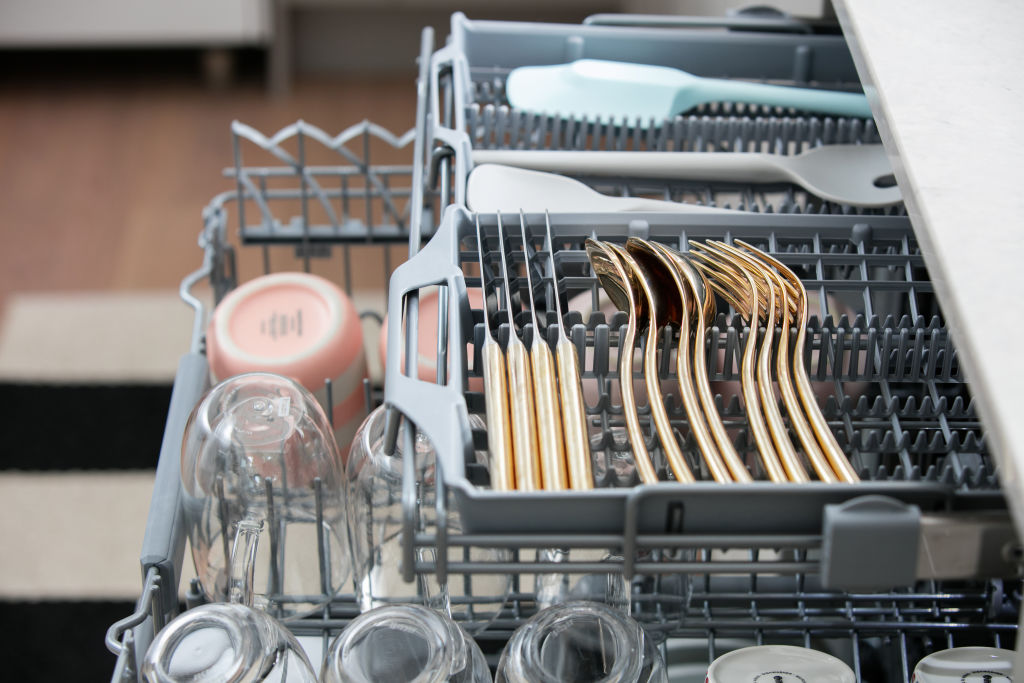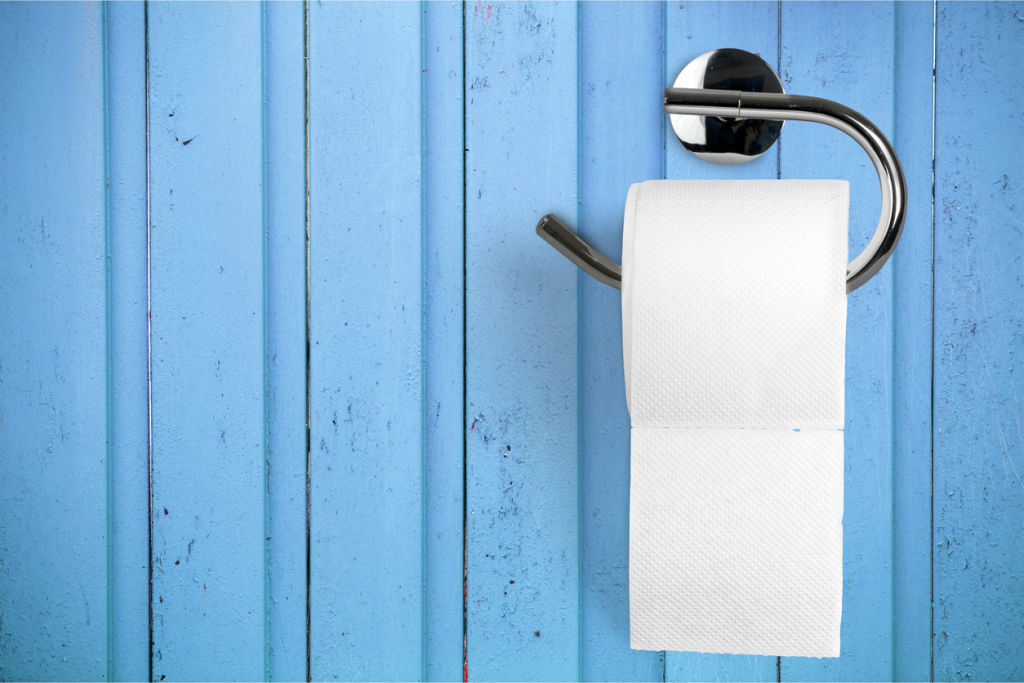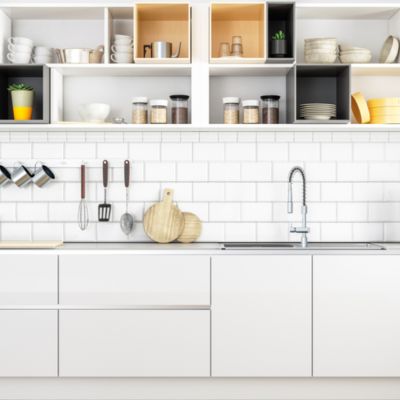When it comes to a partner’s annoying home habits, should we live and let live?

It’s the same thing every night. A big sigh. The clattering of plates. My husband just doesn’t get it. “Why is it so hard for you to stack the dishwasher correctly?” he asks me for the millionth time.
It’s one of the annoying habits he has to put up with. Leaving wet towels on the floor is another. I know it drives him crazy, but, along with the vast majority of teenagers, I just can’t get the hang of picking them up.
Don’t feel too bad for him, though. He has plenty of bad habits to even things out. The teetering piles of opened mail that he leaves by the front door. The beard trimmings that he leaves in the bathroom sink.

We half-heartedly moan at each other, but we know it’s a game of give and take. And so he re-loads the dishwasher and I wipe down the sink.
But while we live and let live, some couples are grappling with bad habits that can’t be ignored. And now that the COVID-19 pandemic has us all spending more time at home, some bad-habit-induced tensions are coming to the surface.
A recent poll in the UK found that one in five people had ended a relationship because of their partner’s bathroom habits. Crimes such as leaving the toilet paper roll empty or, much worse, hanging the toilet paper the wrong way featured in the top 10 argument starters.

Meanwhile, another poll found that bad habits included “Biting his nails then spitting them all over the lounge floor,” and “Picking his nose and wiping on the sofa”.
Another respondent said their partner’s most annoying habit was “blinking,” which really puts my bad dishwasher stacking into perspective.
Look, we all do things that get on our partner’s nerves. But how do you know when to let it go and when to confront the issue head-on?
Danielle Colley is an integrative life coach and founder of Your Good Life. She tells me that the beauty of being human is that we are all unique. “Rarely will anyone ever do things exactly as you do, or how you wish them to be,” she says.
Colley notes that early on in cohabitation some expectations and ground rules need to be set. “If one person does the lion’s share of the cleaning and the other leaves a trail of destruction everywhere they go, it might be cute at the outset but after 10 years may lead to resentment,” she says.
So at what point does someone’s annoying habit become a problem? “If it is a constant sticking point, ongoing argument or a growing resentment you have a problem,” she says.
“If you can feel that happening, it’s best to get onto it quickly, before it turns into something unresolvable.”
Colley recommends “mindful communication”. “Asking your partner to see your point of view and discussing possible compromises or strategies that can help you both moving forward can help,” she says.
“If it’s something that you both just keep getting stuck on, seek some support from a professional who may help you both to view it through different eyes and see a new angle you couldn’t see when you were too ‘in’ the scenario and the emotions,” she adds.
Of course, sometimes it’s just a case of picking your battles. “If your partner’s half of the wardrobe is a mess, maybe it’s best to shut the door on it,” says Colley.
“If their mess is taking up the living space, then communication needs to happen.”
We recommend
We thought you might like
States
Capital Cities
Capital Cities - Rentals
Popular Areas
Allhomes
More










